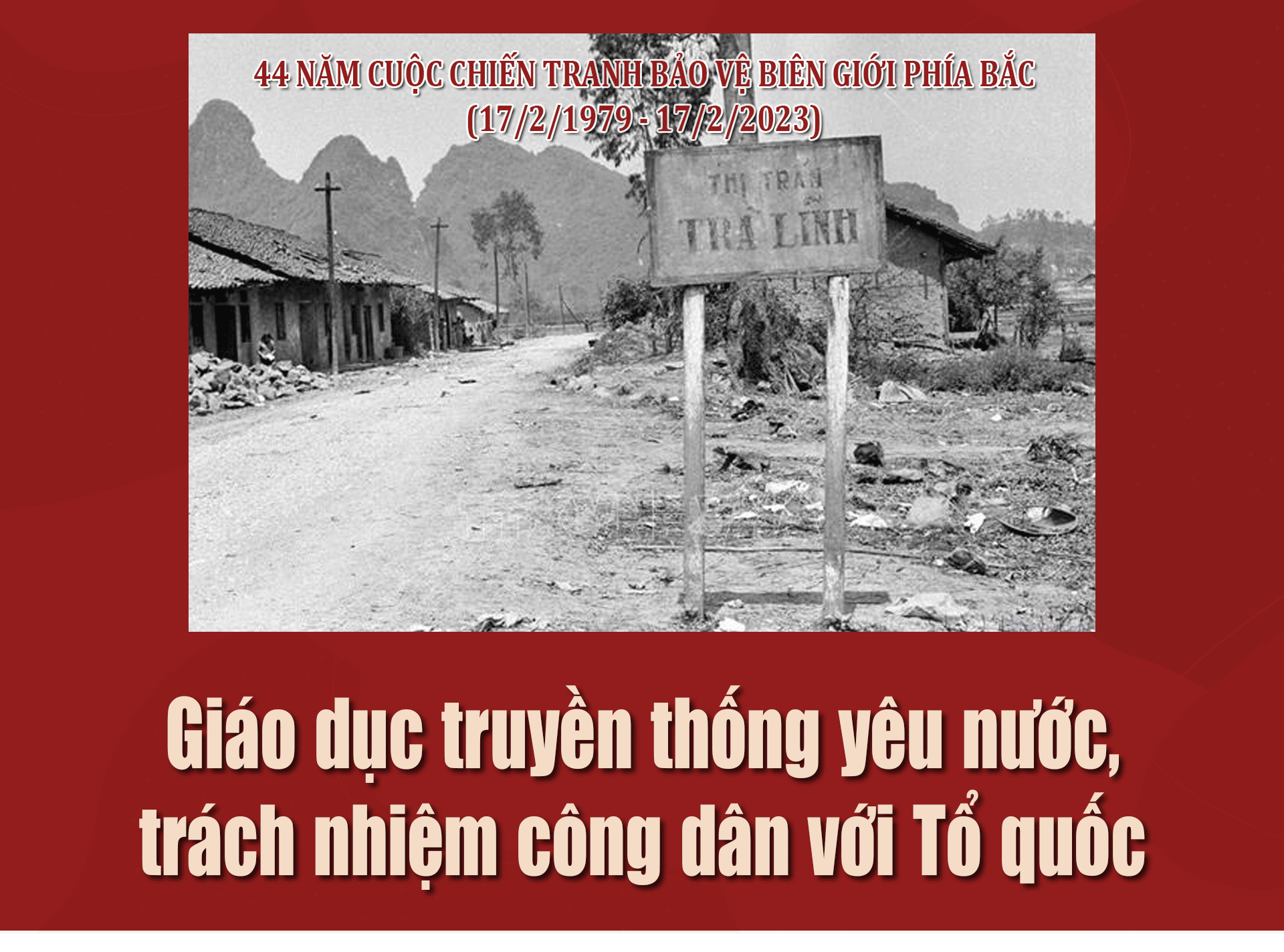


The Northern Border War (1979-1989) is a sad story. However, like it or not, it is still history and always contains many historical truths.
The first,The events of February 17, 1979, and many years later, were a calculated war of aggression. China has sought to explain and justify its invasion of Vietnam – an independent and sovereign nation – as a “self-defense counterattack”, regardless of morality and law.
Monday,For Vietnam, it was a war of national defense to protect the independence, sovereignty and territorial integrity of Vietnam, for the Vietnamese people's desire for peace. The Vietnamese people always cherish and love peace but will never submit to any act of aggression, no matter how ferocious the enemy is.
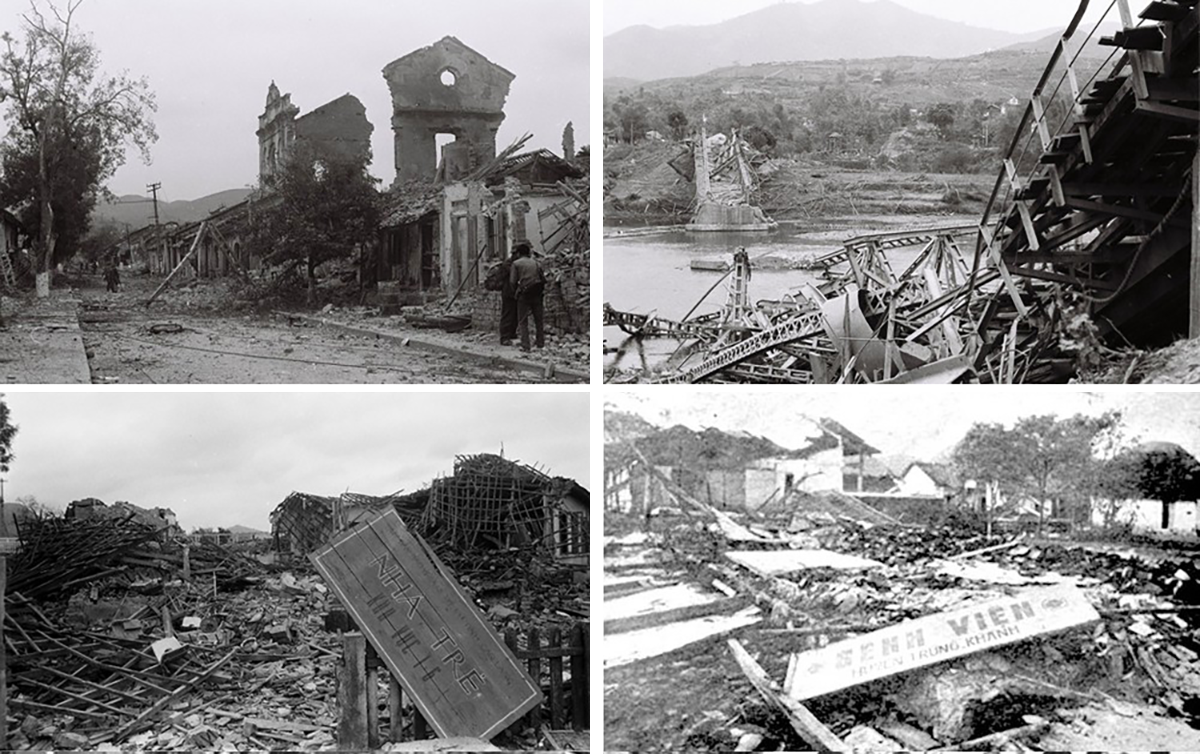
Tuesday,On February 17, 1979, the Chinese army invaded and on March 18, 1979, they announced the completion of their withdrawal after 1 month of fighting, but the war did not stop for only 1 month but it continued until 1989, when the gunfire stopped at the border of the northern provinces.
Wednesday,During those 10 years, the Chinese army caused Vietnam enormous losses in human lives and military and civilian casualties along the 6 northern border provinces.
Thursday,On China's side, militarily, this was a heavy defeat. On the diplomatic side, only the Pol Pot government supported China, the rest of the world opposed or expressed disagreement, asking China to stop the war.

War is something no one wants, but any war that has broken out for any reason must not be forgotten by humanity. Time gradually erases the painful traces of war, but the truth of that war needs to be fully recounted, not added to or omitted, and should not be concealed, and even less should it be deepened or fanned into national hatred. Tell the truth about history and the nature of the event. We must treat history fairly. The blood of the people that has been shed, the lives of our compatriots that have been lost must be acknowledged and compensated.
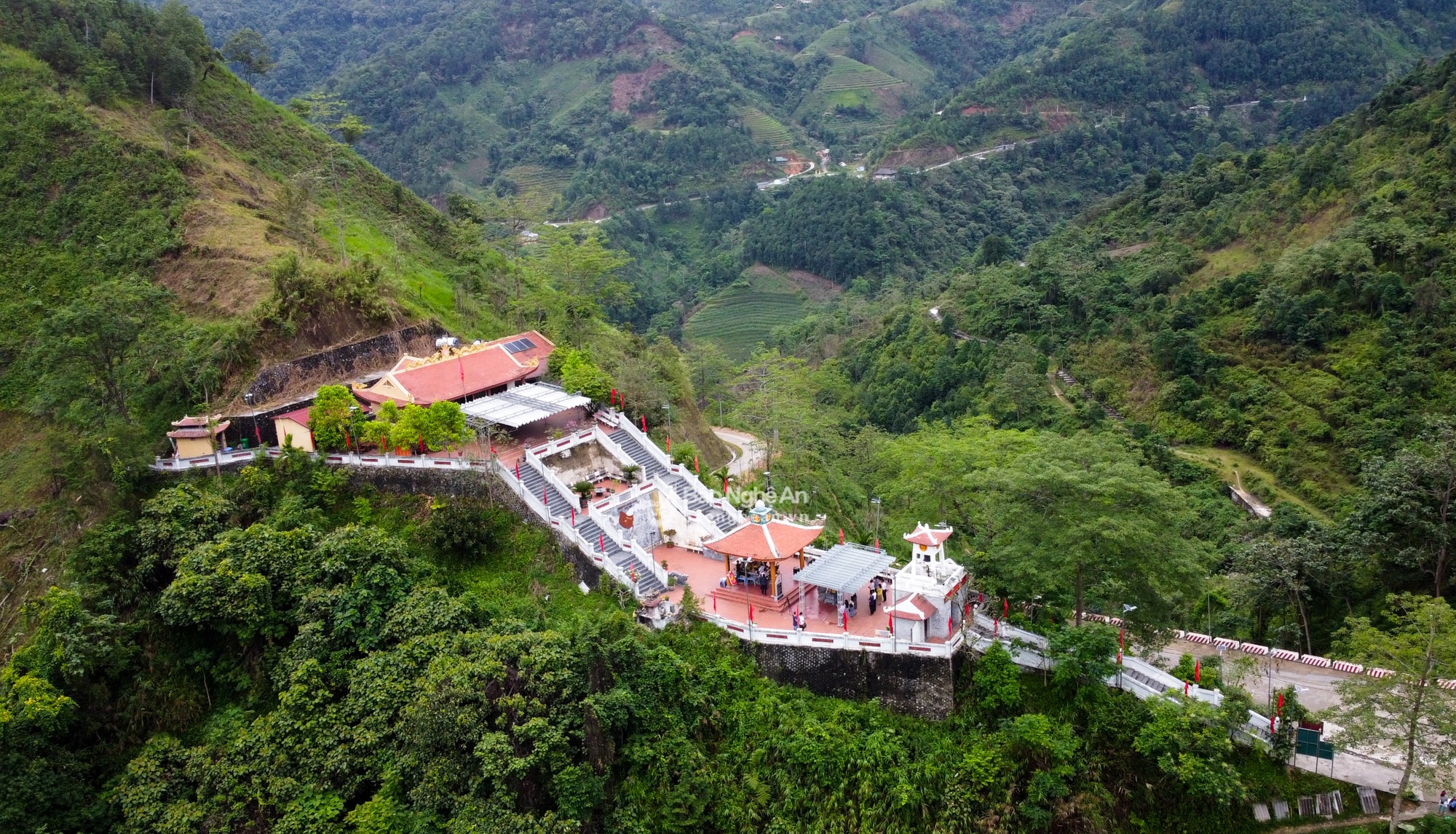

Times have changed, friend-enemy relations have also changed, but national interests, especially independence, sovereignty and territorial integrity, never change. Recalling this war is a way to show gratitude, a way to remind the younger generation, to future generations of historical lessons for the present and the future, and it is also a way for us to demonstrate the dignified and dignified position of a sovereign nation before the great powers. Reviewing this war is not to "gnaw at the past" but to draw lessons for the present, towards the future, a future of peace, friendship and cooperation for mutual development.
From the war that broke out 44 years ago, until today, we all have to frankly admit and clearly perceive the historical truth, and need to understand that: Being fair with history does not incite hatred. The past 44 years have been long enough for both sides to have the opportunity to look back at this war scientifically, fully and truthfully to find the optimal way to handle the problems left by history. No matter which angle you look at it, the attack by 600,000 Chinese troops was an aggressive war and caused Vietnam great losses in human lives and property.
With that core nature, this is an important event that deserves a worthy place in the history books of national history, general education programs and other methods of history education. Recalling this war objectively and scientifically is the best way to push back the distorted arguments, using history to incite, and at the same time is the best way to educate the young generation about the tradition of patriotism, national pride and civic responsibility to the Fatherland.
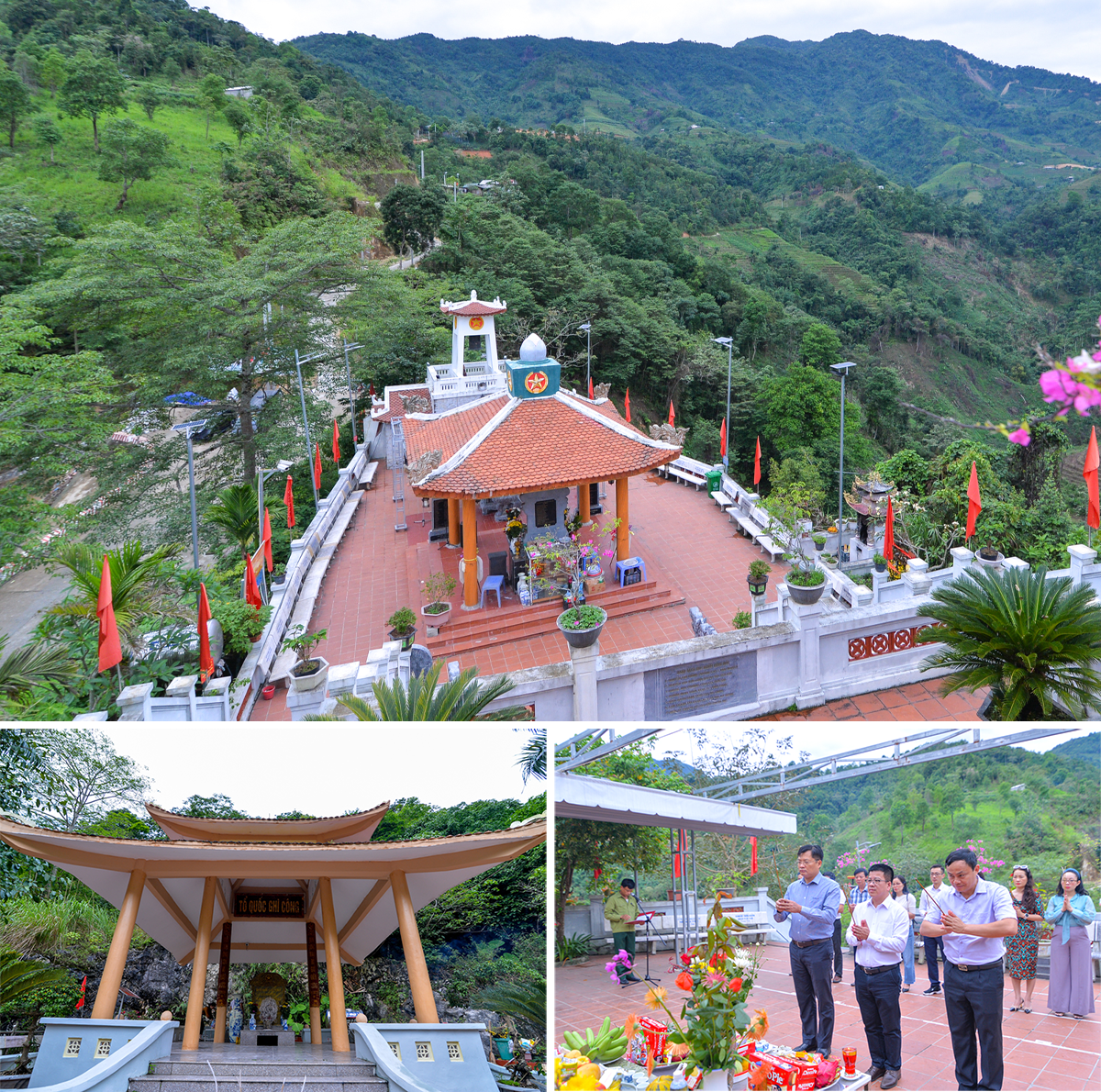

History is inherently fair and objective. What has happened will eventually be put on the scale of history for judgment. We look back at the war to protect the northern border first of all to learn lessons for ourselves: What could have been avoided and what needs to be remembered to remind future generations. Understand history to avoid misunderstanding, ambiguity and passivity in the future, proactively deal with future uncertainties. Mentioning this war is to send a message of peace, at the same time we all see our responsibility to build, promote and develop the good traditions between the people of the two countries in general and the people of the Vietnam - China border area in particular.
In the trend of integration and globalization, diplomatic slogans and words cannot deny obvious historical truths, but they should not be used to evoke and deepen hatred in the past, and even less to erase what happened, even though no one wants it. The diplomatic relations between Vietnam and France, Japan, and the United States have been and are taking place, always teaching us to see that clearly. That is also a valuable historical lesson, a practical historical experience serving the foreign policy and guidelines of our Party and State towards the great powers in the context of the world that has been and is evolving in a complex and unpredictable manner.
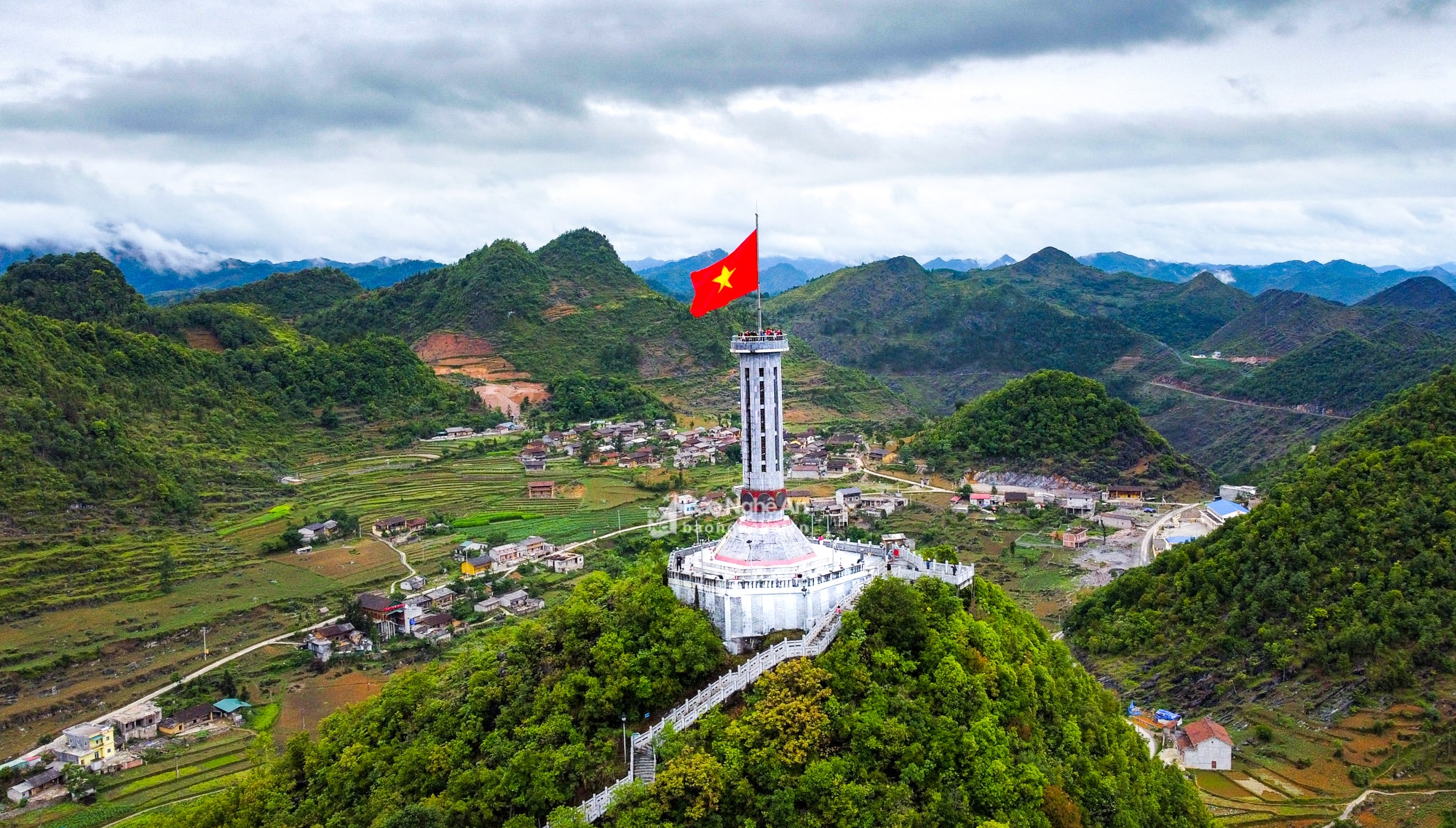

Nguyen Hoa
Some historians, historians, propaganda systems… forget this war, which is a great crime against the heroes and martyrs who sacrificed for the Fatherland. It must not be forgotten and cannot be forgotten!